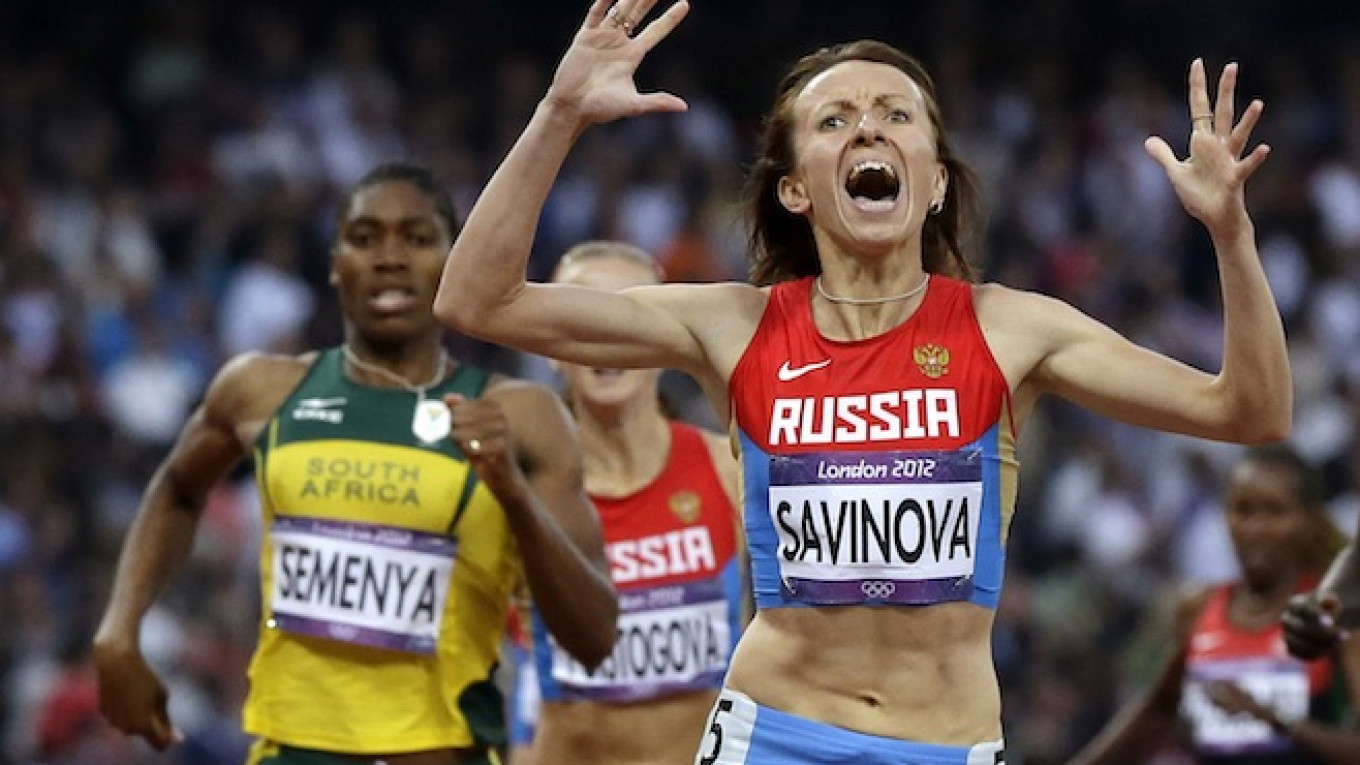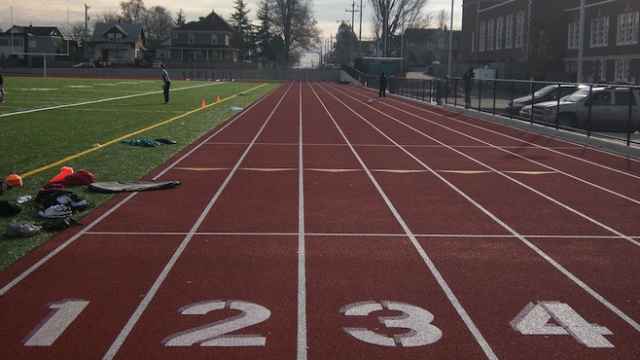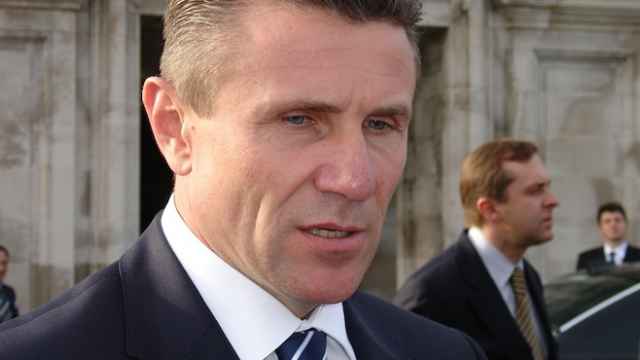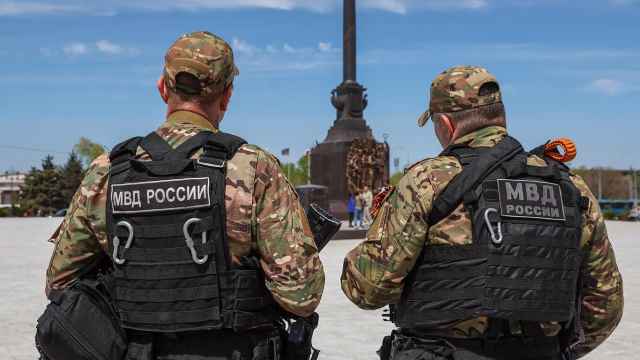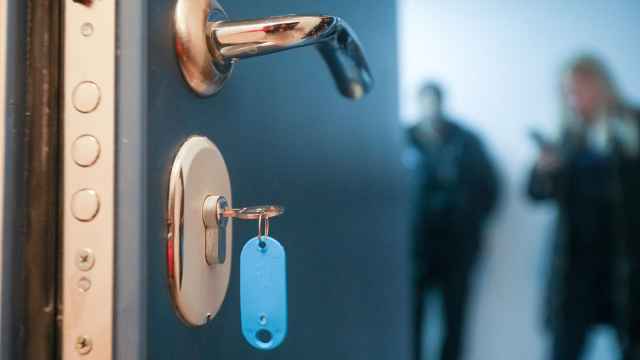German journalist Hajo Seppelt said he is prepared to make a second documentary about doping in Russian sport after saying his first has led to more evidence being unveiled.
"To be honest we did not plan a sequel, however, people are sending us more and more evidence to back the claim that there is systematic doping in Russian sport," Seppelt told the Russian website Championat.com on Friday.
"Therefore I do not want to categorically rule out such a move. If it is needed, we will film a second part."
The program, broadcast in three parts by ZDF/ARD, featured an undercover video of what it said were Russian athletes and coaches admitting to covering up positive tests.
The head of Russia's Athletics Federation (VFLA), Valentin Balakhnichev denounced the claims as "a pack of lies." Balakhnichev, however, has stood down from his role as treasurer of the International Association of Athletics Federations while the claims are investigated.
Seppelt compared the current situation with that of the Soviet era.
"Old traditions die hard in your country, which has continued from Soviet and East German times at the end of the 80's," he said.
"During this time, sportsmen were given illegal stimulants on a mass scale. I cannot and will not understand such a stance towards sport no matter who it involves or where it is happening."
Seppelt says it was not hard to talk the main protagonists of the documentary into taking part.
"On the whole, those who were interviewed were very open and we did not encounter any problems," he said. "We did not have to pay them a penny."
Seppelt said he had a lot of respect towards Vitaly Stepanov, who formerly worked for Russia's antidoping agency and was one of the key accusers.
"He is an absolutely wonderful person. He is like the Edward Snowden in the world of sport. He wants to fight against doping," said Seppelt.
"Vitaly was very convincing. He worked at the Russian Anti-Doping Agency to try and clean up the sport from illegal drugs. However, they covered up everything he was trying to do."
"Yulia Rusanova, who would become his wife, was also forced to take these tablets. He had no financial gain to make. He just wanted to tell the truth and be honest," he added.
A Message from The Moscow Times:
Dear readers,
We are facing unprecedented challenges. Russia's Prosecutor General's Office has designated The Moscow Times as an "undesirable" organization, criminalizing our work and putting our staff at risk of prosecution. This follows our earlier unjust labeling as a "foreign agent."
These actions are direct attempts to silence independent journalism in Russia. The authorities claim our work "discredits the decisions of the Russian leadership." We see things differently: we strive to provide accurate, unbiased reporting on Russia.
We, the journalists of The Moscow Times, refuse to be silenced. But to continue our work, we need your help.
Your support, no matter how small, makes a world of difference. If you can, please support us monthly starting from just $2. It's quick to set up, and every contribution makes a significant impact.
By supporting The Moscow Times, you're defending open, independent journalism in the face of repression. Thank you for standing with us.
Remind me later.


